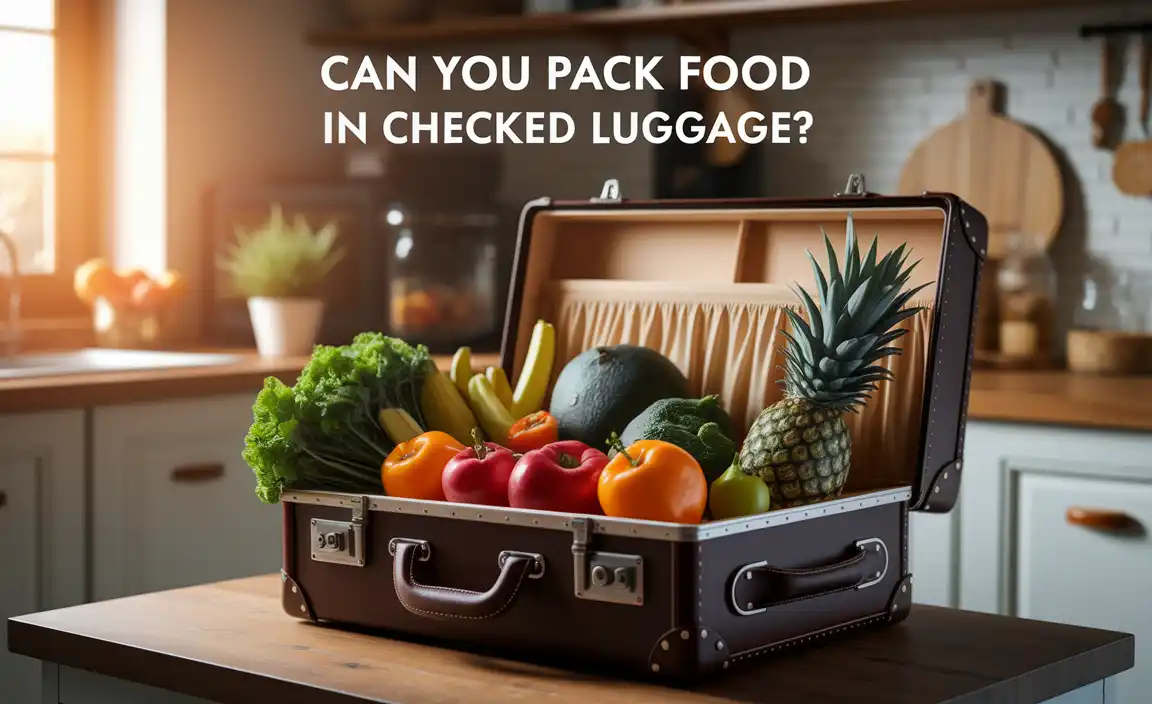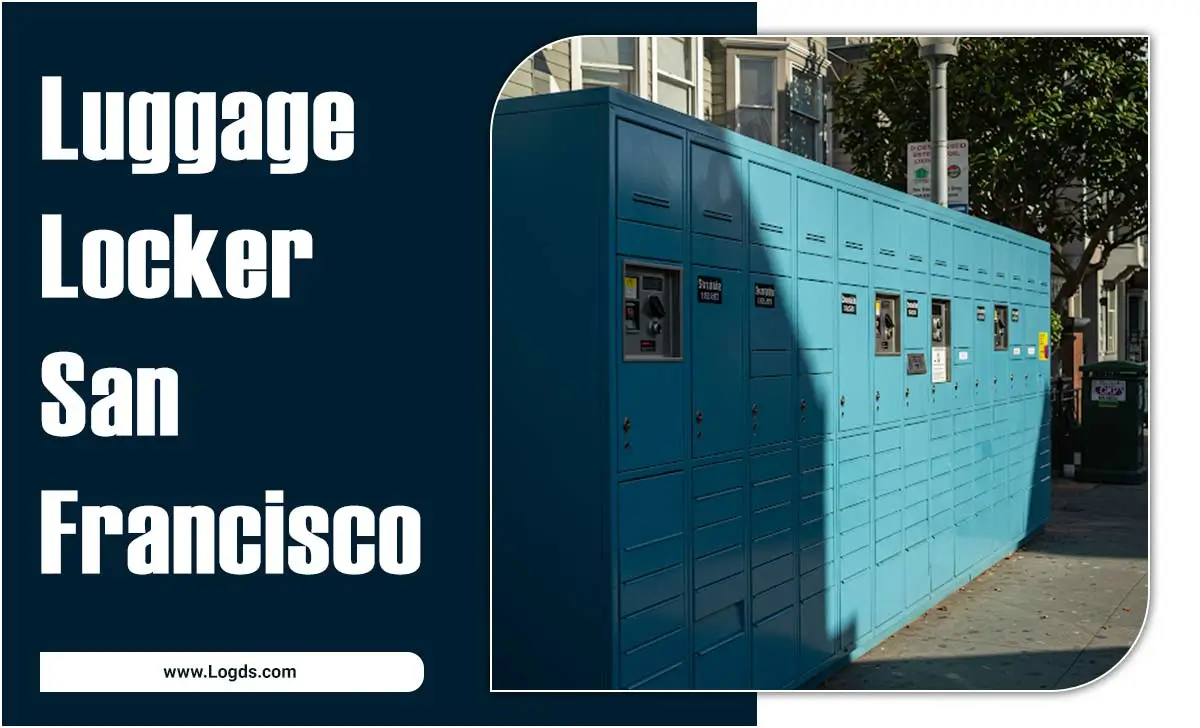Stay safe and savvy in the Bay of Islands by knowing common scams and simple ways to avoid them. This guide offers practical, easy-to-follow tips to ensure a smooth and enjoyable trip, safeguarding your experience from potential pitfalls.
The stunning Bay of Islands in New Zealand offers breathtaking beauty and unforgettable adventures. From sailing on crystal-clear waters to exploring lush rainforests, it’s a paradise for many travelers. However, like any popular tourist destination, it’s wise to be aware of potential scams and common mistakes that can dampen your holiday spirit.
Don’t let a little worry spoil your fun! This guide is here to help you navigate the Bay of Islands with confidence, ensuring your journey is as safe and stress-free as possible. We’ll walk you through the most common tourist traps and equip you with simple yet effective strategies to avoid them, so you can focus on making wonderful memories. Ready to discover how to travel smarter? Let’s dive in!
Understanding the Bay of Islands Landscape: What Makes it Attractive (and a Target)
The Bay of Islands is a jewel for a reason. Its natural beauty, abundant wildlife, and array of activities draw millions of visitors each year. This popularity, while fantastic for the local economy and for travelers seeking experiences, also unfortunately makes it an attractive spot for individuals looking to take advantage of unsuspecting tourists. Understanding this dynamic is the first step in staying safe. The very things that make the Bay of Islands special – its remote coves, bustling harbors, and unique tours – can, in the wrong hands, be exploited.
The region’s charm lies in its accessibility to nature and adventure. You’ll find everything from dolphin watching tours and kayaking excursions to scenic hikes and historic sites. This diverse offering means a wide range of businesses and operators are at play, and while most are honest and reputable, a small minority might try to mislead or overcharge. Being aware of the types of scams often seen in tourist areas globally and specifically in coastal New Zealand will give you a significant advantage.
Common Scam Avoidance Strategies for Bay of Islands Travelers
Preventing scams in the Bay of Islands is largely about staying informed, being vigilant, and trusting your instincts. Many common issues can be avoided with a little pre-trip planning and mindful behavior during your stay.
Pre-Trip Planning and Research
Before you even set foot in the Bay of Islands, a bit of research can go a long way.
- Book Reputable Tours and Accommodation: Stick to well-known tour operators and hotels that have a strong online presence and positive reviews. Look for official tourism websites New Zealand Tourism’s official website offers valuable information on credible operators across the country.
- Check Reviews Diligently: Websites like TripAdvisor, Google Reviews, and Booking.com are invaluable. Look for recent reviews and pay attention to comments about pricing, customer service, and any recurring issues.
- Understand Typical Pricing: Research the average cost for popular activities like boat tours, dolphin watching, or car rentals. This helps you identify when a price seems too good to be true, or excessively high.
- Know Your Rights: Familiarize yourself with consumer rights in New Zealand. The Commerce Commission provides guidance on fair trading practices.
- Secure Your Finances: Avoid carrying large amounts of cash. Use credit cards for significant purchases, as they often offer better protection against fraud.
On-the-Ground Vigilance
Once you’re in the Bay of Islands, maintain your awareness.
- Be Wary of Unsolicited Offers: If someone approaches you on the street offering incredibly cheap tours or accommodation, be cautious. Legitimate businesses usually operate from established offices or websites.
- Verify “Too Good To Be True” Deals: Amazing discounts appearing out of nowhere should be treated with suspicion. Always verify the credibility of the source offering these deals.
- Confirm Inclusions and Exclusions: Before booking any tour or service, clarify exactly what is included. Are there hidden fees for food, equipment, or park entry? Get it in writing if possible.
- Trust Your Gut: If a situation or an offer feels off, it probably is. Don’t feel pressured into anything you’re uncomfortable with. Politely decline and walk away.
- Keep Valuables Secure: Use hotel safes, wear secure bags, and be mindful of your surroundings, especially in crowded areas.
Specific Bay of Islands Scams to Watch Out For
While the Bay of Islands is generally safe, some common tourist-targeted scams can appear. Awareness is your strongest defense.
1. Overpriced or Misleading Tour Bookings
This is perhaps the most common area where tourists can be overcharged or misled.
You might be approached by friendly individuals at the harbor or even in your accommodation offering “last minute” deals on boat trips, dolphin watching, or island hopping. While many are genuine, some might not deliver what they promise.
How to Avoid:
- Book Through Official Channels: Always book tours through the official website of the company or a reputable tour booking agency. Your accommodation can often provide a list of trusted operators.
- Check Inclusions: Ask detailed questions. Does the dolphin watching tour guarantee sightings (which is impossible)? Does the island-hopping trip include landing fees or lunch?
- Compare Prices: A quick search online will give you a realistic price range. If someone is offering a tour at half the going rate, there’s likely a catch.
- Look for Certifications: Reputable eco-tourism operators often have certifications. For instance, many New Zealand marine mammal tour operators adhere to strict guidelines, which you can check on government resources.
2. “Free” Activity Upsells
Sometimes, an offer for a “free” shuttle or a “complimentary” experience can lead to pressure to purchase other services or overpriced extras.
An example could be a “free” ride to a particular beach that “just happens” to have a specific boat tour operator waiting, who then charges an inflated price for a short trip.
How to Avoid:
- Be Skeptical of “Free”: Understand that nothing is truly free. There’s always a reason – usually to lead you to a purchase.
- Clarify the Purpose: If offered a free service, ask what the catch is upfront. “Is this ride free, or will it lead me to a service I need to pay for?”
- Arrange Your Own Transport: If you are concerned, it’s often best to use reliable public transport, reputable taxis, or ride-sharing apps, or to consider hiring a car.
3. Rental Vehicle Scams
From cars to kayaks, rental scams can happen. These are usually about inflated damage charges or hidden fees.
Imagine renting a kayak and upon return, being told there’s a scratch that wasn’t there before, and being charged a hefty repair fee.
How to Avoid:
- Inspect Thoroughly: Before taking possession of any rental item (car, boat, bike, kayak), inspect it meticulously for any existing damage. Take photos or videos with your phone as proof.
- Read the Contract: Pay close attention to the rental agreement. Understand the insurance, excess fees, and what constitutes damage.
- Choose Established Companies: Opt for well-known rental companies with good reputations. They are less likely to engage in petty scams.
- Get a Kilometer/Hours Reading: For vehicles, ensure the starting mileage or hours are accurately recorded and agree with the meter.
4. Accommodation Scams
While less common for established hotels, individuals may try to rent out apartments or rooms that don’t exist or are not theirs to rent.
This often occurs through social media or fake booking sites, where a deposit is paid, and then the individual disappears.
How to Avoid:
- Book Through Trusted Platforms: Use major booking sites (Booking.com, Expedia, Airbnb) that have user protection policies.
- Verify Listings: For rentals booked directly, do a reverse image search on the property photos. Check if the address exists on Google Maps and looks as advertised.
- Be Cautious with Direct Bank Transfers: Avoid sending large sums of money directly to personal bank accounts, especially for accommodation booked through unofficial channels.
- Read Reviews Carefully: Look for reviews that mention the booking process and the host’s reliability.
5. Souvenir and Craft Overpricing
Some market stalls or souvenir shops might price items excessively high for tourists.
You might find a small, locally made item priced at several times its actual value simply because it’s in a tourist hotspot.
How to Avoid:
- Shop Around: Compare prices at different stores before making a purchase.
- Check for “Made In…” Labels: If you’re looking for authentic local crafts, ensure they are genuinely made locally or in New Zealand.
- Negotiate (If Appropriate): In some market settings, friendly negotiation might be possible, but know that this isn’t common in all retail environments in New Zealand.
Table: Quick Scam Identification Checklist
Use this quick checklist to assess potential issues. Green means likely safe, amber means proceed with caution, and red means high risk.




